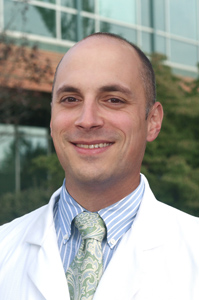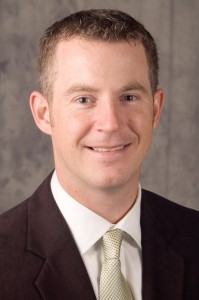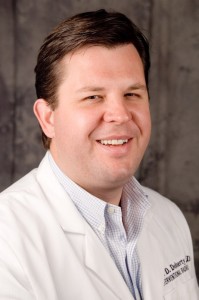LUNG SCAN
For smokers who are at high risk of lung cancer, this low dose scan detects lung cancer early and saves lives using a special low radiation technology. Covered by Medicare.
HEART SCAN
Non invasive, painless and accurate. This five-minute screening provides your Calcium score and is recommended for Men 45 and older, and women age 55 and older.
VIRTUAL COLONOSCOPY
No anesthesia, easier preparation, less invasive and more comprehensive. For those over 50, the Virtual Colonoscopy is recommended every five years.
HEALTH SCAN WORKS
High Tech Prevention and Early Diagnosis
Virtual colonoscopy is an American Cancer Society-recommended screening exam that has been shown in studies in the United States and abroad to increase screening rates where offered. Virtual colonoscopy has been proven comparably accurate to colonoscopy in most people of screening age — including those ages 65 and older.
The only recommended screening test for lung cancer is low-dose computed tomography (also called a low-dose CT scan, or LDCT). In this test, an X-ray machine scans the body and uses low doses of radiation to make detailed pictures of the lungs.
"a score of zero is clear assurance of an extremely low CHD [cardiac heart disease] event risk. Wouldn't the patient—almost any patient—want to know? "
"Ding, Ding, Ding...we have a winner...It feels to me that we can say pretty definitively that if we were going to line up all the currently available risk markers that are not traditional risk factors, the winner is CAC." [coronary artery calcium scoring].
The USPSTF recommends annual screening for lung cancer with low-dose computed tomography (LDCT) in adults aged 55 to 80 years who have a 30 pack-year smoking history and currently smoke or have quit within the past 15 years.
The USPSTF "concludes with high certainty that screening for colorectal cancer in average-risk, asymptomatic adults aged 50 to 75 years is of substantial net benefit,"
A heart scan "put my belief back into the medical system. Seeing the results made me feel like I knew what I was dealing with."
"This was a painless and fast screening that gave me powerful insights into my heart health. The screening itself took less than 10 minutes and in 15 minutes I was looking at the results. I'd recommend this to everyone."
"Heart scan screenings—known as coronary calcium scoring—benefit patients by revealing plaque build-up in the blood vessels of the heart. Plaque is often a warning sign of future heart attacks and strokes." The scan "eliminates the guesswork and will tell if a patient has heart disease and how severe it is."





